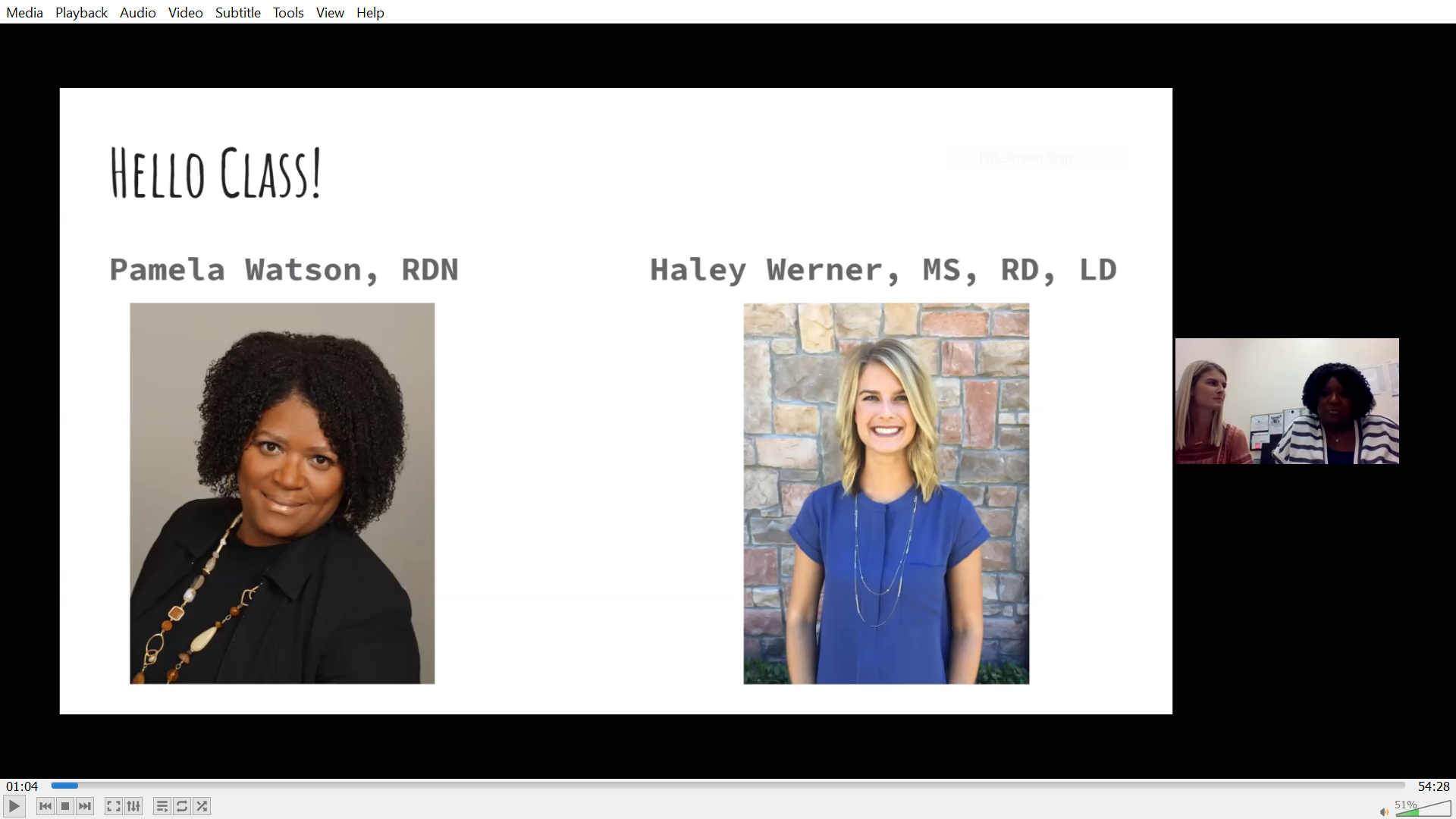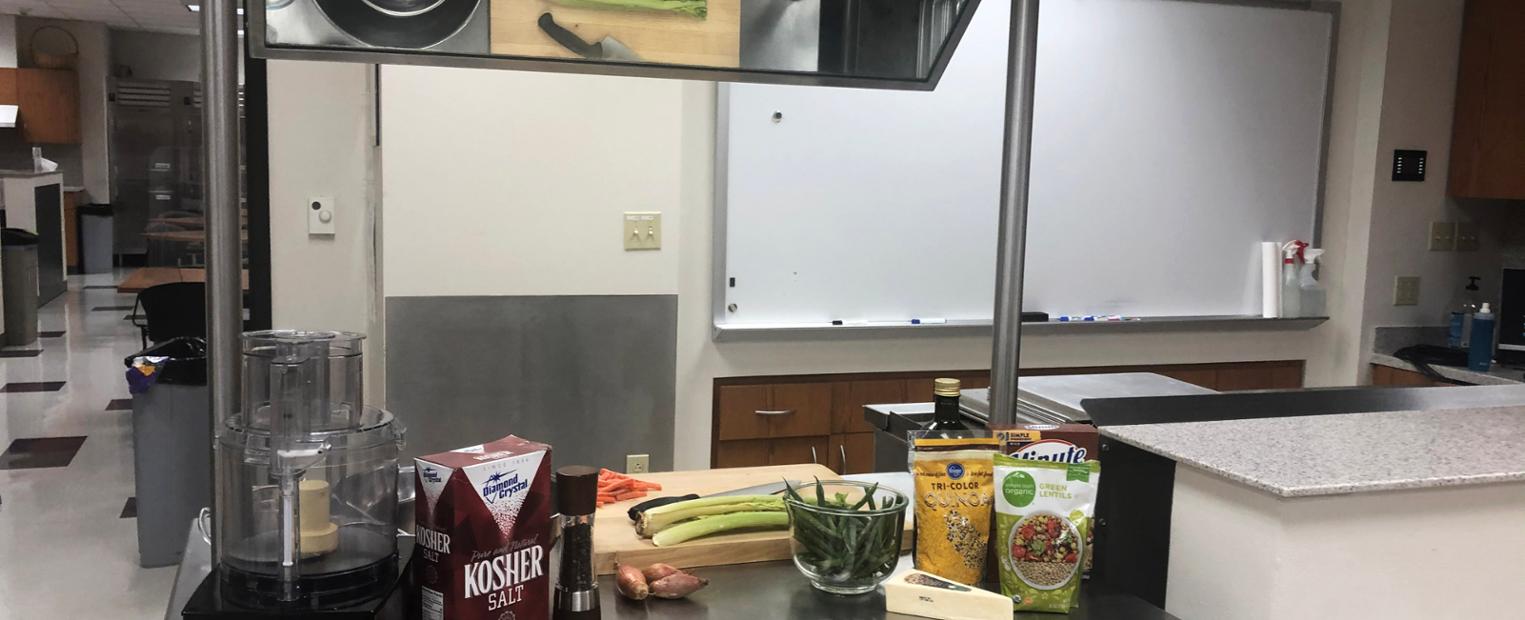As TCU prepares for a socially distanced fall semester, CSE professors have adjusted courses to best serve students and their academic goals. Associate Professor of Professional Practice Rebecca Dority is using the unique circumstances of the COVID-19 pandemic to incorporate new components to her Contemporary Issues in Nutrition course. The course and accompanied lab are focused on nutrition and food science that impact individuals and span the global community.
In the fall, Dority’s course and lab will take place online, yet students will interact with new subject matter experts as guest speakers on popular topics students are most interested in such as sports nutrition and eating disorders.
“The online delivery has surprisingly provided me with more flexibility to explore topics that we do not always have time to discuss in class,” Dority said. “I do not have to worry about finding local guest speakers or asking those speakers to take away from their personal commitments in order to travel to campus. Instead, they can join us on Zoom for a designated timeframe.”
Dority taught this course online in the May summer term, and lab discussions involved Lab Coordinator Kate Evans conducting a live stream cooking demonstration of various healthy meals where students can ask questions and interact with the instructor in real time. This method encouraged discussion about the demonstration and allowed a deeper conversation about barriers that may impede cooking healthy meals at home.
“In the past, we took students on a field trip to Tarrant Area Food Bank for a site tour followed by volunteer service hours. Since we are not able to do that, the lab has been adapted to address the current pandemic and compare and contrast food banks pre-pandemic and today,” she said. “For example, students watch food bank promotional videos and describe how they believe these videos would be different if they were made today due to volunteer protocols and changes in target markets. They also research their local food bank to determine how their needs and operations have changed due to the pandemic. Finally, they research alternative programs or services that provide food to the community in need and evaluate ease of locating the services, as well as accessibility of those services.”

Gina Hill, associate professor of nutritional sciences, is teaching several courses online this fall, including an undergraduate research course in which students prepare a research protocol for approval by the Institutional Review Board (IRB) and subsequently collect and analyze their research data. One of her groups is partnering with the City of Fort Worth regarding the city’s composting program. Another research group will examine the impact of the pandemic on dietary, food usage, food security and health behaviors.
Many of Hill’s courses also utilize guest speakers from various agencies and health care centers, which is typical of her course, however some new speakers from outside the Fort Worth area will have the opportunity to visit her class digitally through Zoom. The content experts will present on topics such as the Special Supplemental Nutrition Program for Women, Infants, and Children (WIC), human milk banking, the National School Lunch Program, food insecurity, adolescent eating disorders, feeding and swallowing issues, and metabolic disorders.
Hill’s other courses that require extensive ground work during class to practice new concepts will be adapted online as well through the use of Zoom “breakout rooms,” since the activities would not work accordingly even in a socially distanced classroom.
“Some of these activities that the students will work on include things such as ethics scenario questions, miniature case studies, practice problems calculating and interpreting anthropometric or biochemical (lab) data, making nutrition diagnoses and nutrition intervention plans, providing nutrition counseling via role play, and utilizing our profession’s Evidence Analysis Library to answer simulated client questions,” Hill said.
With safety and health protocols as a top priority, faculty in the Department of Nutritional Sciences remain optimistic about the added benefits and opportunities online courses will offer students in the fall.
